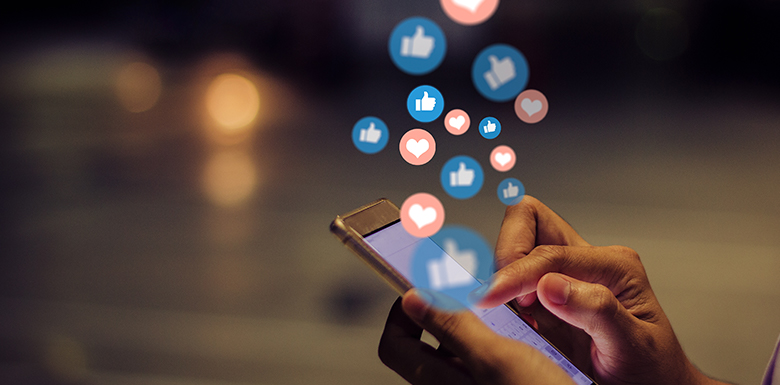
If you are like most people, you spend a significant amount of time on your cell phone each day. Texting, calls, social media, navigation, and web browsing can easily take up hours.
When you do all of those things on your phone, you create data. This data is a record of your activity. You may or may not be comfortable with this data existing, but did you know that your cell phone data could be used against you in criminal court?
The laws surrounding what types of cell phone evidence can be used in criminal court proceedings are complicated, but digital evidence that many people assume is private has become increasingly common in courtrooms over the last decade.
If you have been charged with a crime in Florida, a Sarasota criminal defense lawyer from Erika Valcarcel, Criminal Defense Lawyer, P.A. can build a solid defense for you. Attorney Valcarcel will fearlessly stand up for her clients’ rights. Call today at (941) 363-7900 or use the online contact form.
When Can Police Look at Your Phone?
Much like a police officer cannot simply walk into your home and start searching your closet, an officer cannot demand that you surrender your phone without first going through the proper protocols.
The Fourth Amendment of the Constitution protects you from unreasonable searches. That means the police must have one of the following to search your phone:
- Probable cause. Probable cause means a reasonable person would believe a crime was being committed under the present circumstances. To obtain a warrant to search a phone, an officer must have probable cause.
- Your permission. If the officer asks you for permission to search your phone and you grant it, that would be considered a proper search.
The police may also be able to search your cell phone if it is “incident to arrest.” This exception to the warrant rule allows police who have just arrested someone to search for evidence of the person’s crimes that the person might try to destroy. Some courts have interpreted cell phone data to fall under this rule.
Is Your Cell Phone Data Really Private?
Generally, police need a warrant to view your cell phone data, but there are some exceptions. And these exceptions can provide law enforcement with cell phone data that can be used against you in criminal court.
To understand why police can sometimes access cell phone data without a warrant, you must understand the third party doctrine. This doctrine holds that those who knowingly share information with someone else—a third party—have a reduced expectation of privacy. In the case of cell phone data, the third party would be the cell phone carriers.
This could mean that police can gain access to your cell phone data through a cell phone company. Below, we examine the types of cell phone data that law enforcement may be able to use against you.
Phone Calls
While police must have a warrant to actually listen to your calls without you knowing, they may be able to get a list of the numbers you called and how long you spoke with them if they have a court order and a subpoena. This rule is laid out in the Electronic Communications Privacy Act (ECPA) of 1986.
Text Messages
The ECPA may allow law enforcement to get your text messages from a cell phone carrier, but it does not allow investigators to take your text messages from your phone without a warrant.
Location Data
Using a GPS app like Google Maps to get around may trigger the third party doctrine, allowing police to see your location data from your cell carrier through a court order. But cell site location information—the location data generated each time your phone connects to a cell tower simply because it is turned on—does not fall under the third party doctrine. The Supreme Court decided this issue in Carpenter v. United States in 2018.
Social Media
Anything placed on your public social media profiles may be fair game as evidence against you in court, but that is because the police will not need to use your phone to access it. If the information on the social media account in question is not public, law enforcement may need to get a court order or warrant to access it.
A Criminal Attorney Will Defend Your Rights
Facing a day in court for a criminal charge can be terrifying. But an experienced Sarasota criminal defense attorney can help you by building a bulletproof defense against your charge.
Partnering with a lawyer can help you understand your rights—including your rights to privacy when it comes to your cell phone data—and give you a solid chance of avoiding harsh criminal penalties. To get started on your case, call Erika Valcarcel, Criminal Defense Lawyer, P.A. at (941) 363-7900 today.
View All Blogs

